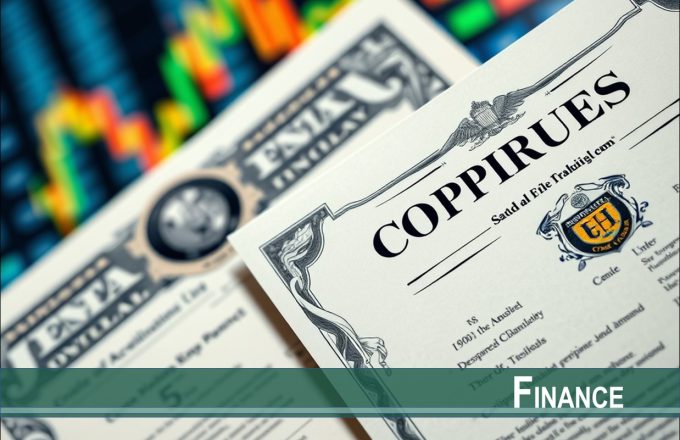Customer reviews help communicate product information, but their effectiveness may suffer from selection bias (i.e., depending on factors, such as the individual experience and price, not all consumers may voluntarily write reviews). Consequently, a seller may have to resort to additional means (e.g., signaling through price in the context of an experience good) to convey its quality. This paper develops an analytical model to investigate the interaction of customer reviews and price with the presence of selection bias in marketing an experience good with uncertain quality to consumers. Our analysis reveals the dual roles played by both customer reviews and price in communicating quality information. On one hand, customer reviews may either directly convey product information with unbiased distribution of reviews or facilitate price signaling when reviews are biased because of selection. On the other hand, price may be adjusted to mitigate the selection bias of reviews to make them more informative, and it may also signal quality directly in the presence of review bias. As a result, we show that bias in reviews may actually benefit consumers without compromising information communication as the incentive to reduce review selection bias makes it credible and profitable for the high-quality seller to signal its type by undercutting the price that would be set if it is of low quality. We then extend our analysis to examine the information, profits, and welfare impacts of several important design elements of a review system as well as the impact of consumers’ aversion to risk. Finally, the implications of our findings on the management of user-generated content and pricing are discussed.
January-February 2025
Marketing Science





























